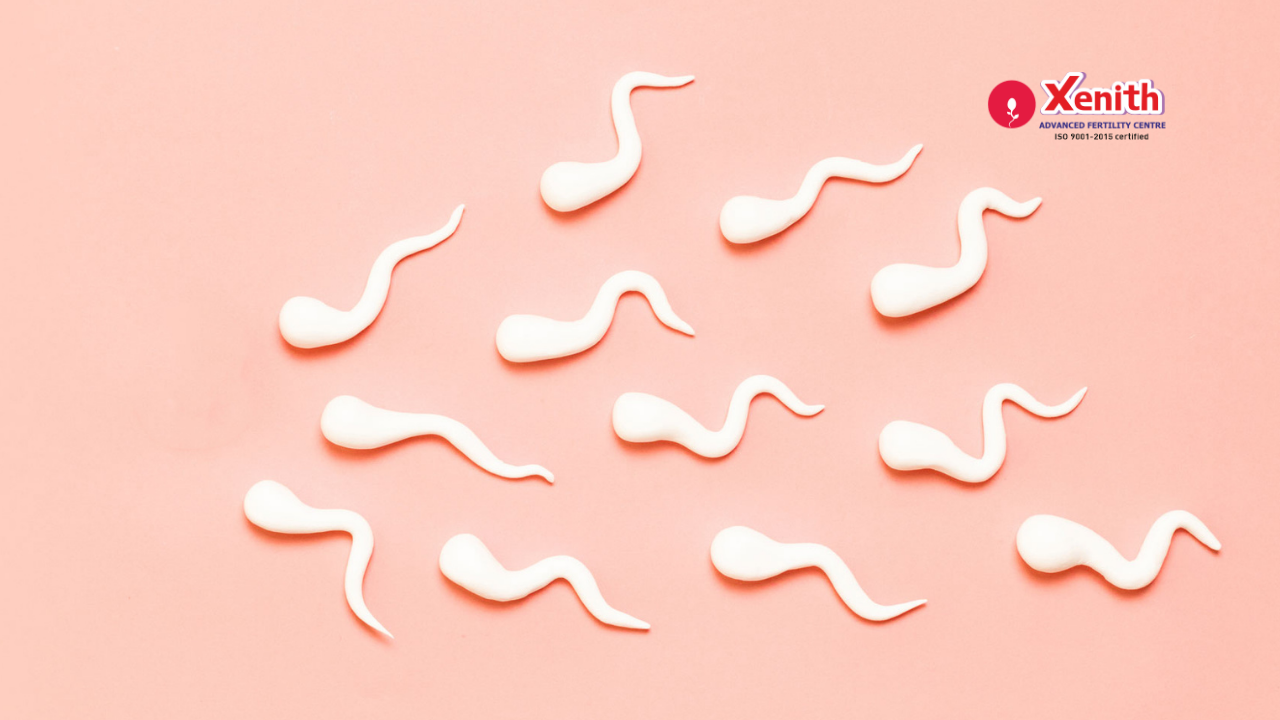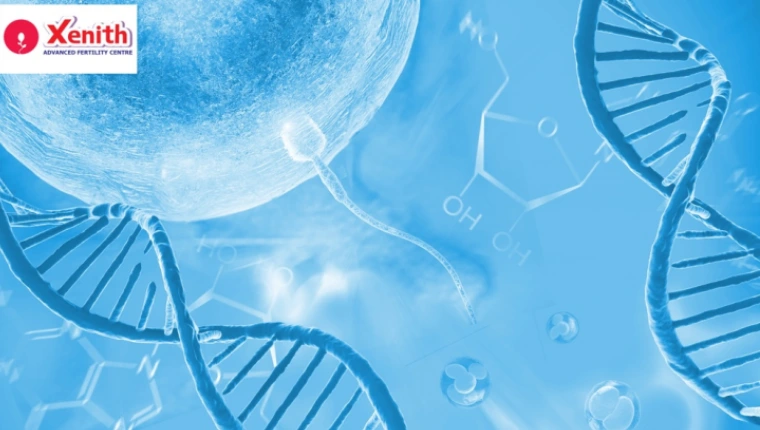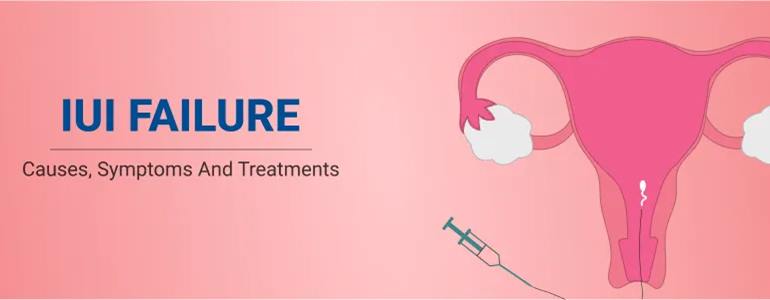Unlike women, who are born with all the eggs they will ever have, a man’s body continuously produces sperm. Sperm is produced in the testicles, with testosterone playing a key role in stimulating sperm production. The World Health Organization (WHO) defines a normal sperm count as ranging from 15 million to more than 200 million sperm per milliliter of semen. In addition to sperm count, the shape and motility (movement) of sperm play critical roles in fertility.
Healthy sperm should have an oval-shaped head, a midpiece, and a tail. Sperm motility refers to their ability to swim in a straight line towards the egg, which is vital for successful fertilization.

Free Thursday Consultation
Book Your AppointmentFactors that Affect Sperm Production
Several factors can influence sperm production, including certain medical conditions, genetic disorders, infections, stress, and nutritional deficiencies. Men can often improve their sperm quality and count by addressing nutritional gaps in their diet, which may involve taking vitamin supplements for male fertility and consuming the right foods.
What Vitamins Increase Sperm Count and Volume?
Certain vitamins that can boost sperm count are linked to enhanced fertility. After consulting a healthcare provider, adding the following vitamins and supplements to your daily routine may help improve sperm quality and quantity:
- Vitamin C: It is known for its antioxidant properties, and can improve sperm motility, count, and morphology. Research has shown that taking 1000mg of Vitamin C twice daily for two months boosted sperm motility by 60% and increased sperm count by more than 100%.
- D-Aspartic Acid (D-AA): This amino acid, found in the testicles, semen, and sperm cells, has been shown to increase testosterone levels and improve sperm count and motility, especially in men with infertility.
- Vitamin B12: This vitamin is essential for cellular energy production and the production of sperm. It also plays a vital role in red blood cell formation and DNA production. Men with a B12 deficiency may see improvements in sperm count after supplementation.
- Zinc: Zinc is vital for fertility, the production of testosterone, and maintaining sperm quality. It can be sourced from foods such as meat, eggs, nuts, and seeds. Zinc supplementation has been linked to higher sperm count, but excessive amounts can harm sperm.
- Vitamin D: Often called the sunshine vitamin, Vitamin D plays an essential role in male fertility. Studies have found that men with higher Vitamin D levels tend to have better sperm quality and count.
- Folic Acid: Folic acid, a B-vitamin, contributes to red blood cell development and DNA synthesis. Some studies suggest that combining folic acid and zinc supplements may increase sperm count, although results may vary.
- Vitamin E: As an antioxidant, Vitamin E has been shown to improve sperm parameters, including motility, morphology, and count, when taken alongside other antioxidants like Vitamin C.
- Selenium: Selenium plays a key role in sperm motility, morphology, and function. It works well in combination with Vitamin E to improve overall sperm quality.
Botanicals and Other Nutrients That May Improve Sperm Quality
In addition to vitamins, some botanicals and nutrients can improve sperm count and fertility:
- Ashwagandha: This herb has been shown to significantly boost testosterone levels and improve semen quality, including a 53% increase in semen volume and a 167% increase in sperm count.
- Shilajit: Used in Ayurvedic medicine, Shilajit has been linked to increased sperm motility and testosterone levels. Studies show it can improve overall fertility in men.
- Omega-3 Fatty Acids: These healthy fats, found in fish oils, flaxseeds, and walnuts, improve sperm morphology, motility, and count. Omega-3s are vital for sperm health.
- Lycopene: Found in tomatoes and other red fruits, lycopene has been shown to improve sperm count by up to 70%.
- Coenzyme Q10: This antioxidant enzyme is found in high concentrations in semen and plays a role in improving sperm count and motility.
Foods to Increase Sperm Count
Incorporating food to increase sperm count into your diet is an essential strategy. Foods rich in antioxidants, vitamins, and minerals—such as leafy greens, nuts, seeds, and fish—can support sperm health. Avoid processed foods high in trans fats, which can negatively impact testosterone levels and sperm quality.
How Long Should Men Take Vitamins to Boost Sperm Production?
Sperm production takes 72-90 days, so fertility experts recommend taking vitamin supplements for male fertility for at least 90 days to see noticeable improvements. However, some benefits may be observed after just 30 days of supplementation.
FAQs:
1. What vitamins are good to produce more sperm?
Various vitamins, such as Vitamin C, Vitamin D, Vitamin E, Vitamin B12, and Zinc, can contribute to improving sperm production. These vitamins play vital roles in sperm motility, morphology, and overall fertility. Combining these vitamins with a balanced diet may increase sperm count and quality.
2. Which vitamin is good for sperm?
Vitamin C and Vitamin D are two of the most beneficial vitamins for sperm health. Vitamin C improves sperm motility and count by protecting sperm from oxidative damage, while Vitamin D enhances fertility by regulating testosterone levels and improving sperm quality.
3. What supplements improve sperm quality?
D-Aspartic Acid (D-AA), Coenzyme Q10, Zinc, Folic Acid, and Vitamin E have been shown to significantly improve sperm quality. Regular supplementation with these nutrients can enhance sperm motility, morphology, and overall fertility potential.
In conclusion, adopting a comprehensive approach to male fertility—encompassing a balanced diet, regular exercise, and the right vitamins—can significantly enhance sperm count and overall reproductive health. However, it is essential to consult with a healthcare professional to identify any nutritional deficiencies and create an individualized supplementation plan. At Xenith IVF, our team of experts is committed to guiding you through a personalized fertility plan, helping you optimize your chances of success.




